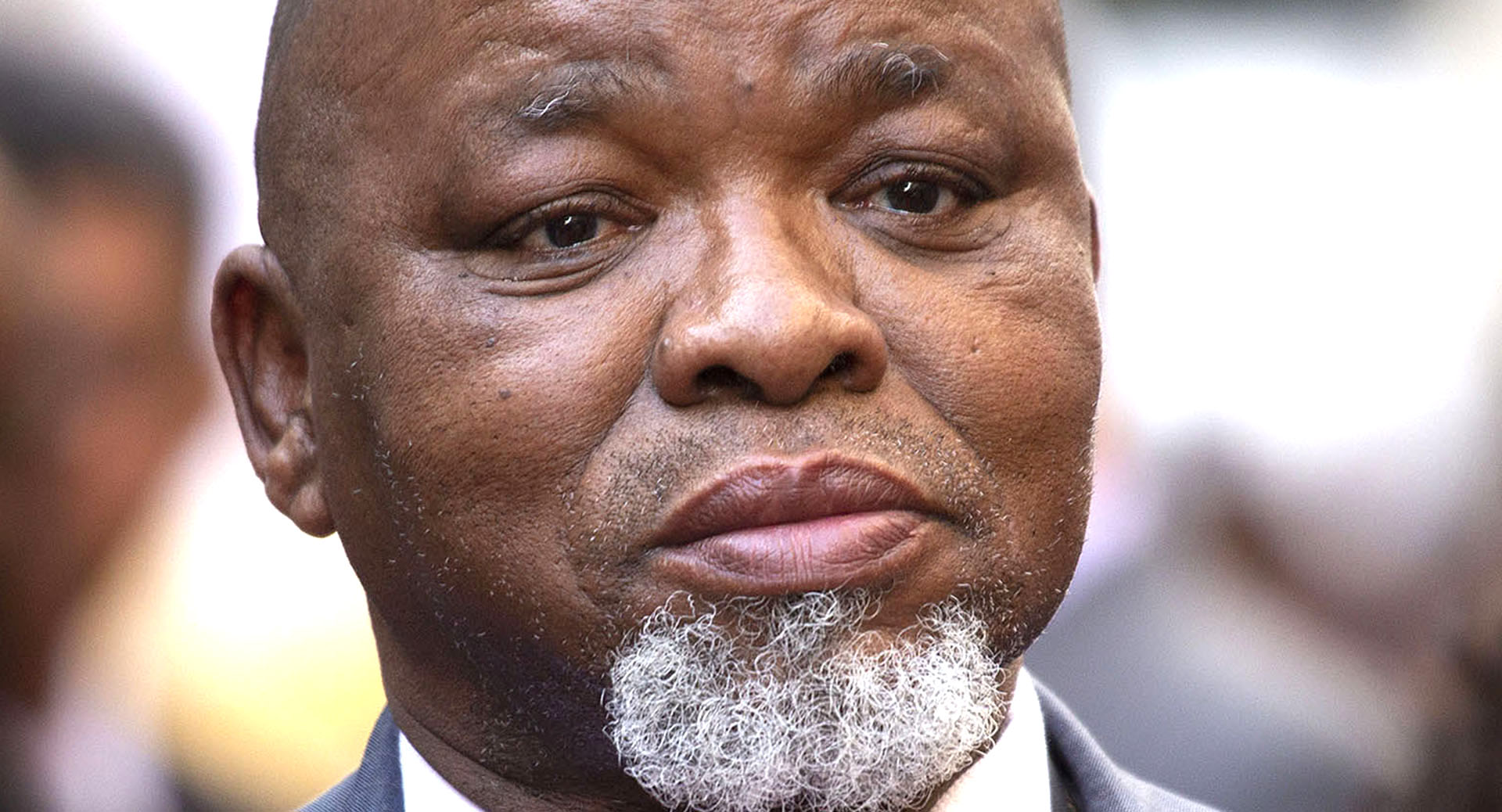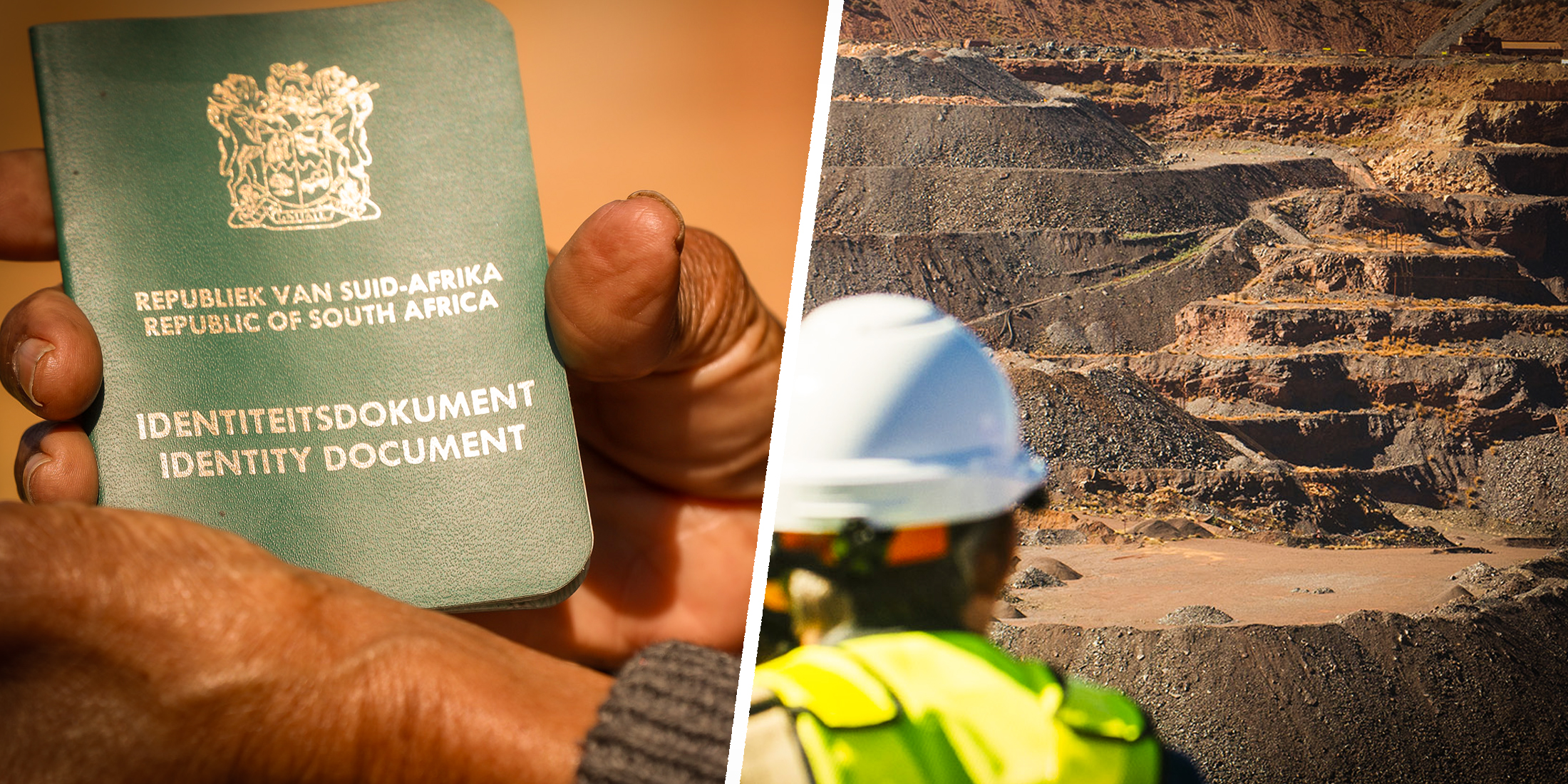“It was the best of times, it was the worst of times... it was the spring of hope, it was the winter of despair,” is how Charles Dickens famously began his novel A Tale of Two Cities.
At the Department of Home Affairs these days it may not quite be the best of times, but there is a spring of hope with monumental application backlogs slashed to the bone — a process that has been transparently conveyed to the public, which has a right to know.
Meanwhile, there has been no recent word on the massive applications backlog at the Department of Minerals and Petroleum Resources for mining rights and related applications. Investors and other stakeholders in the sector, not to mention the wider public, should be kept up to date on this state of affairs.
But they are pointedly not, and herein lies a tale of two backlogs which shines a revealing light on governance in the Government of National Unity (GNU).
To wit, Home Affairs Minister Leon Schreiber — who is a member of the DA — recently posted some glad tidings on X: “I am very proud to report that #TeamHomeAffairs has cleared a major backlog of ID applications that started out at 247,500 and had been accumulating since November 2023. On 21 August, we adopted a clear plan to eradicate this backlog. Just one month later, we have succeeded, with the backlog today down to a beautiful, round 0,” Schreiber wrote.
“By working in a systematic and focused way, we are determined to reform Home Affairs into an efficient, world-class organisation that delivers dignity for all.”
Impressive achievement
That’s a pretty impressive achievement at a department that has for years been riddled with corruption and incompetence, straining the patience of virtually every South African, permanent resident and foreign resident who has had to deal with it.
Trust me, I speak from experience, and many if not most of our readers can probably relate. At Daily Maverick, our usual tag for stories about the department is “Hell Affairs”.
But it shows what can be done if you simply get the basics right.
Schreiber rightly showered praise on his team, and one suspects he has clearly done simple things like holding public servants accountable for their performance — what a novel concept! It’s low-hanging fruit, and processing such applications is not rocket science.
And improving matters at Home Affairs will have ripple effects for the wider economy. How many South Africans have unproductively spent hours and hours of their time in endless queues, only to deal with officials who don’t seem to give a flying you-know-what?
Big economic dividends
Schreiber also recently announced that a remote working visa and a points-based work visa system have been finalised, and will be launched within a month. Under the remote working visa, individuals employed and compensated by foreign companies will now be able to relocate to South Africa. Addressing South Africa’s skills deficit will pay big economic dividends in the long run.
The only people who stand to lose from all these initiatives are corrupt Home Affairs officials and those involved in the cottage industry of providing services around the department’s offices, such as getting someone to stand in line for you at the crack of dawn.
And what of the applications backlog for mining rights and permits and prospecting and related matters at the Department of Mineral and Petroleum Resources, which remains the domain of Gwede Mantashe?
I checked Mantashe’s X feed and unless I missed something, it seems he has been silent on the issue. So probably there is nothing to brag about.
The applications backlog has been under the spotlight since it emerged more than three years ago that it had reached more than 5,000.
Daily Maverick reported in January this year that in a parliamentary response, Mantashe said that none of the 2,525 mining licence applications received up to that point in the 2023/24 financial year had been processed.
The latest update I got was in May from a departmental official, who said 2,900 applications had been processed in the last financial year, which ended on 31 March. But there was no update provided on how many had been approved, or the current size of the backlog.
Big constraint
One big constraint on this front is the department’s utterly useless Samrad system for processing mining and prospecting applications.
A functional mining cadastral system to address this issue is now on the way after years of needless delays and dithering, which has cost the mining industry billions of rand in lost investments.
This is an online portal that displays a country’s mineral and other forms of natural wealth in a way that is accessible to the public. It can serve the dual function of showing the state of play of mining activities while allowing companies armed with this knowledge to apply for various kinds of exploration or mining rights.
 Mineral Resources and Energy Minister Gwede Mantashe. (Photo: Leila Dougan)
Mineral Resources and Energy Minister Gwede Mantashe. (Photo: Leila Dougan)
Mantashe did provide an update on this in early September when he addressed a mining conference in Australia.
“... the meticulous implementation of the new system is advancing very well with an intention to complete the migration process by June next year”, Mantashe said in his prepared remarks.
But he made no mention of the state of the applications backlog.
I don’t want to sound shrilly partisan — there is a lot about the DA to criticise — but this tale of two backlogs surely highlights differing governing styles within the GNU.
Schreiber is simply getting things done, and he is doing so in a transparent manner.
A reflection of the shambles that is cadre deployment
Meanwhile, the Department of Minerals and Petroleum Resources — formerly the Department of Mineral Resources and Energy — under Mantashe is still transparently a reflection of the shambles that is cadre deployment, and such departments are typically allergic to transparency.
It’s clear that no one is being held to account there for this mess because if they were, the Department of Minerals and Petroleum Resources would be providing regular updates on its progress on the backlogs.
Mantashe is well aware of how important this information is to investors and other stakeholders in the industry.
The impression this leaves is that he can't be bothered to get his department to deliver the goods in a timely and transparent manner, or that not much progress is not being made.
If the backlog was slashed to, say, zero, the minister would surely be trumpeting it.
Mantashe will be addressing the Joburg Mining Indaba next week, which will give him a chance to provide an update. We’ll see if he does.
Good investing! DM




 Mineral Resources and Energy Minister Gwede Mantashe. (Photo: Leila Dougan)
Mineral Resources and Energy Minister Gwede Mantashe. (Photo: Leila Dougan) 